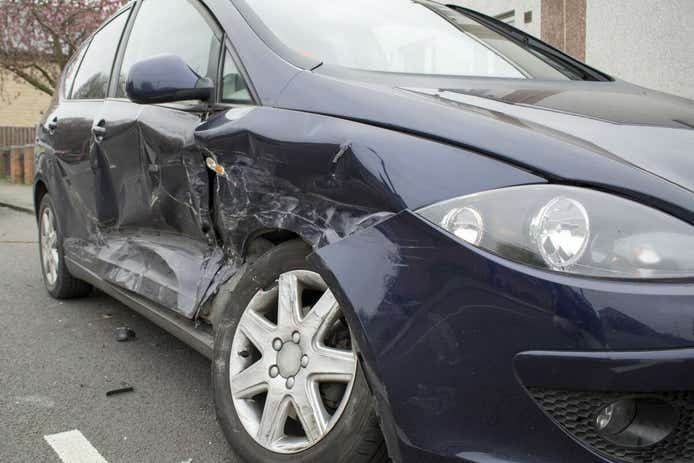When you buy car insurance – a legal requirement for drivers on UK roads – you’ll be given the choice of paying for your cover in monthly instalments or annually.
For some people the choice may be obvious, but it’s important to understand how both options work.
Get a car insurance quote
See a range of car insurance quotes in just a few minutes when you compare with Uswitch
What does paying monthly for car insurance mean?
If you can’t find the money to pay the full amount for your car insurance policy upfront, paying monthly over ten or 12 months allows you to spread the cost of your premiums.
You're getting exactly the same policy but paying for it in instalments, although you’ll probably be charged interest for doing so.
Some insurers, such as Cuvva, have started to offer a different type of pay-monthly car insurance policy. Instead of splitting the annual cost over a period of months, you don’t buy an annual policy at all but instead have a continuous policy that charges you every month on a rolling basis – like a subscription. This continues until you switch insurer.
Is it cheaper to pay for car insurance monthly or annually?
It’s usually cheaper to pay for car insurance annually, because there is one upfront payment with no added extras. Your insurer has been paid in full for the year, and that’s the end of the matter.
When you pay in instalments, someone is shouldering the cost of the policy and letting you pay bit by bit. They’re lending you the money for the policy, so you’re usually billed for this service in the form of interest charges.
Depending on the insurance provider and your credit history, choosing to pay monthly can add up to 20% onto the cost of your insurance over the year.
There are cases where an insurer won’t charge you for the convenience of paying monthly, but these occasions are rare.
Is it better to pay for car insurance monthly or annually?
You get the same insurance cover with the same benefits and conditions attached, so it’s really down to your finances.
It’s usually cheaper to pay the whole bill upfront at the start of the year, but opting to pay monthly can make it easier to budget if money is tight.
How does paying monthly for car insurance work?
It’s usual that you’ll have to pay a deposit upfront, and this is typically about 20% of your total annual premiums.
The remaining balance plus interest is then split into equal payments over the rest of the year – usually over 10 or 11 months. The money is taken automatically each month by your insurer using the bank or card details you’ve provided.
Can I pay for my car insurance every six months?
It’s possible to buy a six-month car insurance policy from some providers, and this can be helpful as it means the upfront cost will be lower as you’re buying cover for a shorter period.
But most car insurance policies are annual policies.
Pros and cons of paying car insurance monthly
Easier to manage, as payments are spread out over the year
Possibly the only means of affording car insurance, particularly for young drivers
More expensive that annual payments
Little leeway if circumstances change, such as losing a job, as you would need to ensure monthly payments continue
Pros and cons of paying car insurance annually
It’s cheaper as all you are paying is the cost of the premiums
It makes money management easier, as once you have this cost out of the way, you don’t have to think about it for months and you have a whole year to save for the next payment
It provides peace of mind, as once you’ve paid you know you’re covered even if you have an unexpected outlay that strains your finances
According to the Association of British Insurers, average annual premiums were about £420 at the end of June 2022, making this a sizeable sum to find if your budget’s tight
Costs are even higher for young or inexperienced drivers, which could prompt some to downgrade their cover
Do I have to pay a deposit when I take out car insurance and pay monthly?
If you want to pay for policy over the course of the year, you’ll usually be asked to pay an upfront deposit of about 20% of the total cost.
Will paying monthly for my car insurance affect my credit score?
Yes, paying monthly for your car insurance will affect your credit score, because you have taken out credit with your insurer.
If you pay every month on time, it will help your score as it shows that you're responsible when it comes to financial commitments.
But if you fail to pay or you're late, credit agencies will be told and it could damage your credit score.
FAQs
Why might I not be able to pay for my car insurance monthly?
Not all insurers offer the option to pay for your car insurance in monthly instalments, but even if they do you may not be able to pay this way. As you’re effectively taking out a loan and paying it back over the year, most insurers will perform a credit check if you choose to pay monthly. If you have a poor credit score, you might be refused this option.
Which car insurance companies don't charge for paying monthly?
Most car insurance companies will charge you interest for paying monthly, but a few providers will let you split your payments over the year at no additional cost.



